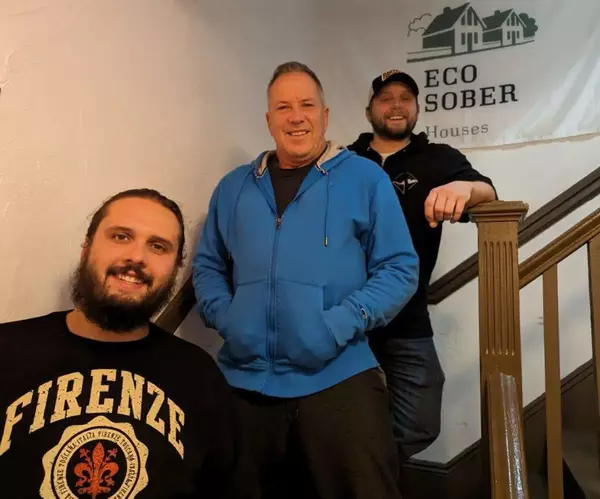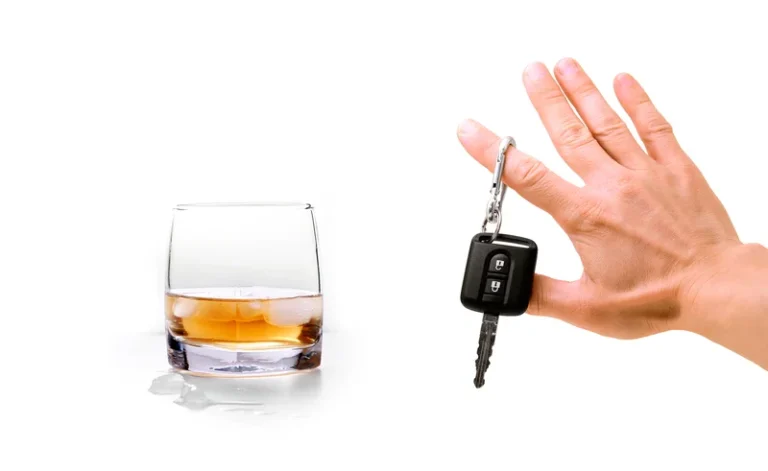Tips to Address Your Biggest Fear In Recovery FHE Health FHE Health
Depending on the type of dependency, PAWS can last from six months to two years after you stop using drugs or alcohol. Techniques such as meditation, yoga, and deep-breathing exercises can help you manage stress and the anxiety that may come with sobriety. These practices encourage focusing on the present moment, which helps alleviate worries about the future. 💙 https://ecosoberhouse.com/ Explore the importance of Embracing Fears and how accepting what you’re afraid of can help you make changes. While removing substances from your routine can seem challenging, taking it step by step may help you regain control and even feel empowered. Depending on the severity of your drinking problem and resulting behavior, some bridges may be forever burned.
A Psychologist Explains A Fear That’s Secretly Sabotaging Your Success
Our brains are hard-wired to become uncomfortable in the face of the unknown. Simply the anticipation of a potentially unpleasant or stressful circumstance causes the brain to go into flight or fight mode. And since fear is always about something that might or could happen but hasn’t happened yet, it is a reaction fear of being sober to an imagined, rather than a real, event. In other words, success is the blissful absence of all of the devastating consequences of a previous drug or alcohol habit. When we asked our alumna to describe what being sober feels like, she gave a detailed and inviting description that captured these key points.
- Whether you have one day sober or 10 years, recovery presents challenges.
- If you experience a setback, take the time to analyze what led to the relapse and discuss it with your support network or therapist to understand the triggers involved.
- If you haven’t felt what sobriety feels like, you can.
- You may feel that way about an employer, for example.
- Sober stresses seriousness of purpose and absence of levity or frivolity.
Getting Through Detox
Some people may want nothing to do with you, no matter how much you change. You will have strong days when you feel like you can take on the world. And you will have days when every minute feels like a struggle. Besides, once you get to the point where you can attend boozy social functions sober, you’ll see that many people think they’re being charming when in reality, they’re kind of a mess. In fact, here’s a little secret – anyone who is charming drunk can be charming sober.
Step 6: Build Support for Recovery
The thought of pulling your life back together or improving it can seem impossible. In those early days, it’s always possible to find yourself experiencing emotions you don’t know how to deal with well. Yet, with the help of your team of professionals, you can work through them and find yourself in a much better place. As you work through the detox process, you can start to feel the overwhelming frustration and anxiety build around being sober.
The Challenges of Maintaining Sobriety
It’s important to remember that addiction can be treated but is rarely truly cured. You can expect to sometimes feel afraid, worried, unable to move forward, and downright unwilling to face what’s coming. Staying sober requires a person to analyze the reasons why they were using the substance, identify their personal triggers for relapse, and avoid falling into a pattern of use again. You may again seek out the people and situations that support your alcohol use. Some people who move from a controlled and protective setting find themselves awash in the environmental cues that lead to their drinking. Relapse (using substances again after stopping) can and does happen, with 85% of people experiencing relapse at least once and half of them doing so within the first two weeks of sobriety.
- You may also need to change your route to work or home in order to avoid any triggers, or people, places, or things that make you want to use drugs or drink again.
- A diagnosis of a phobia starts with a conversation with your primary healthcare provider.
A therapist who specializes in addiction and recovery can offer invaluable support. This might include providing strategies to manage fears related to sobriety and sensitively addressing underlying issues. The fear of being sober usually has a mixture of root causes, including the discomfort of facing underlying emotional or psychological issues without the numbing effect of substances. It may also encompass concerns about how to cope with stress and social situations soberly if one does not feel they have the proper emotional tools to regulate the nervous system. Overcoming fears in any situation is difficult, but when it involves a life change, it can be especially challenging.
- During your appointment, you’ll typically fill out intake forms that include your health history.
- Some people may want nothing to do with you, no matter how much you change.
- Having nyctophobia means you have an irrational and extreme fear of the dark.
- Even though you know the health complications drug use has brought to you, it’s not uncommon to fear life without it.
People in recovery generally agree that abstinence is necessary but remains just a starting point for a new, sober life. The best way forward for your recovery from alcohol or substance use is to incorporate a wide variety of strategies that will help foster success. Remember to care for yourself, seek supportive relationships, and consider seeking help from a therapist.
- Dealing with setbacks or relapses is a common part of the recovery process.
- Over the next few weeks, we’ll touch on some of the most profound causes of fear in people facing addiction.
- Getting sober is when someone stops using an intoxicating substance.
- Our media praises entrepreneurs for disrupting the status quo and CEOs for creating jobs.
Impact of Sobriety on Physical and Mental Health
While this point of view is understandable, it’s also thankfully often misleading and entirely possible to overcome, as a member of FHE Health’s Alumni Program recently shared…. Getting sober means replacing your primary coping mechanism – drugs and alcohol – with new, unfamiliar ones. The process can be uncomfortable, particularly for someone who is afraid of feeling in general. Staying stuck in this fear generally means staying stuck in addiction. Dealing with setbacks or relapses is a common part of the recovery process. It’s important to view these events not as failures but as opportunities for learning and growth.



